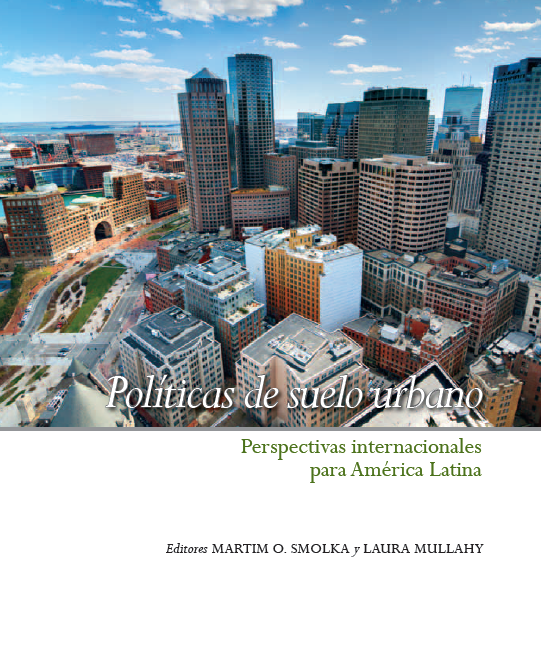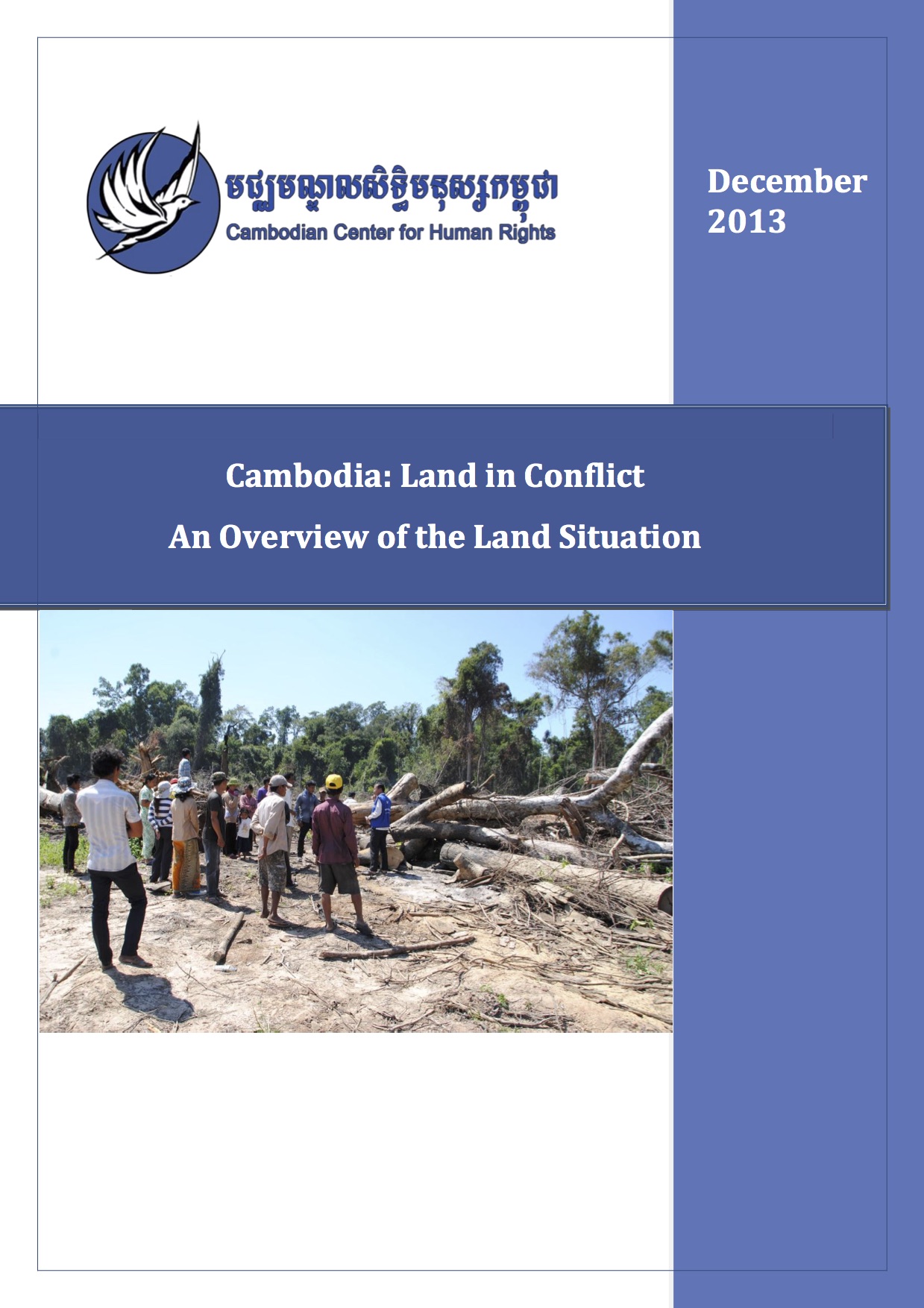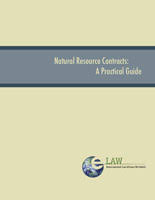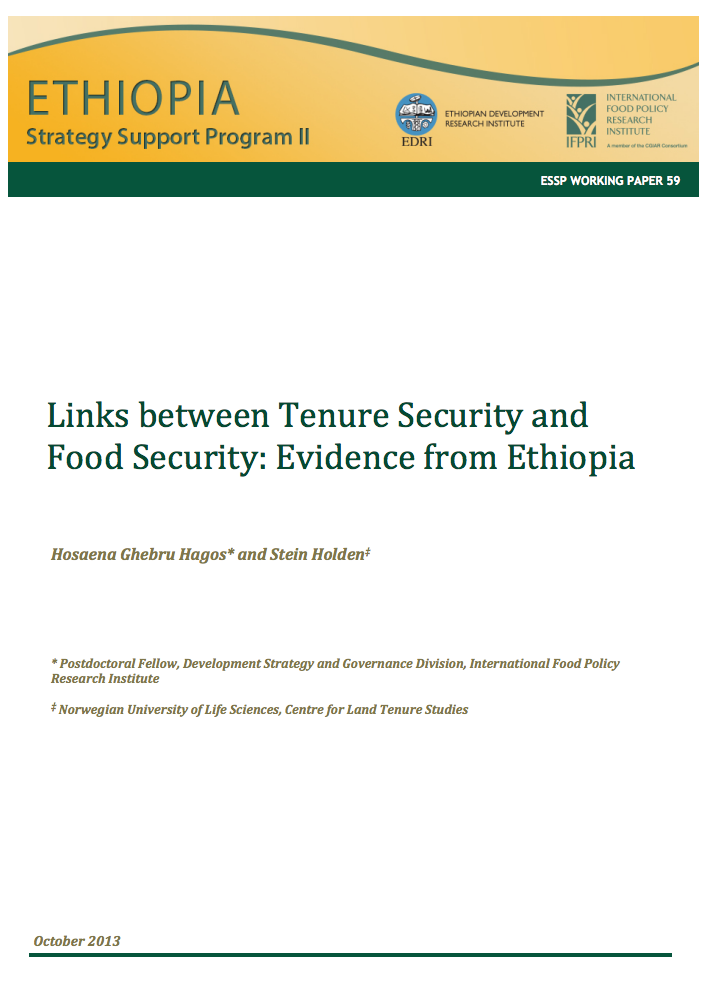Rangelands: Village land use planning in rangelands in Tanzania: good practice and lessons learned
Rangelands provide numerous goods and services that have great economic, social, cultural, and biological value. Inhabitants of rangelands have engineered pastoral, hunter-gatherer, and farming systems that have sustained their livelihoods in these usually dry environments for centuries. Primarily, rangelands are grazing-dependent systems, characterised by dry periods and droughts. However, these characteristics should not be a barrier to development and can be managed through careful planning and management of resources.








